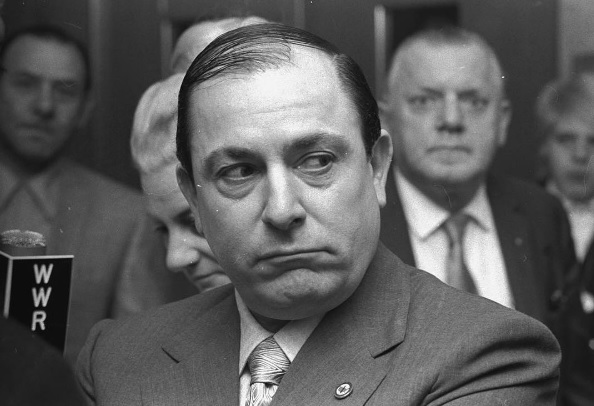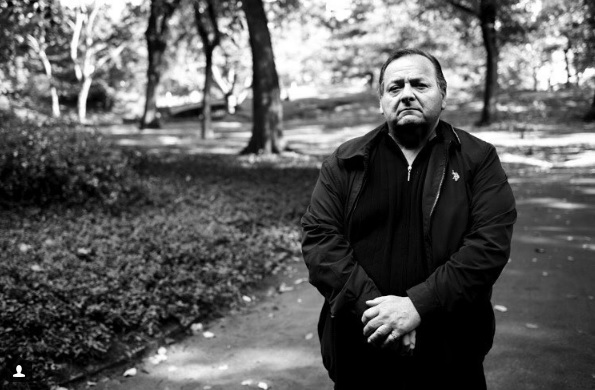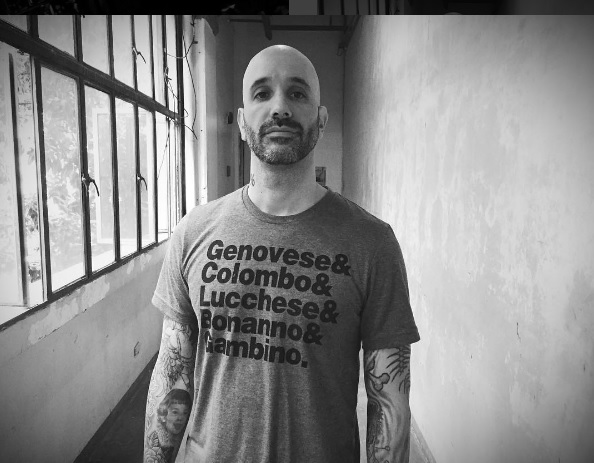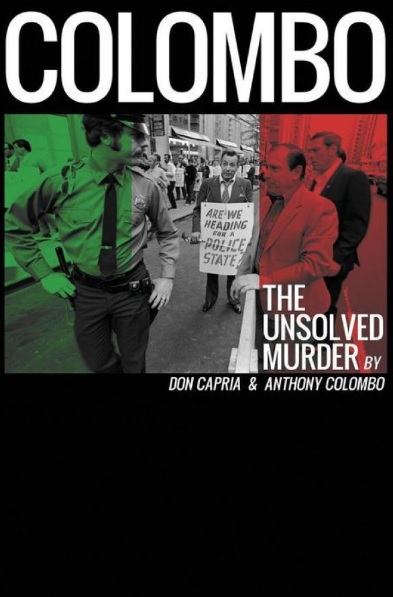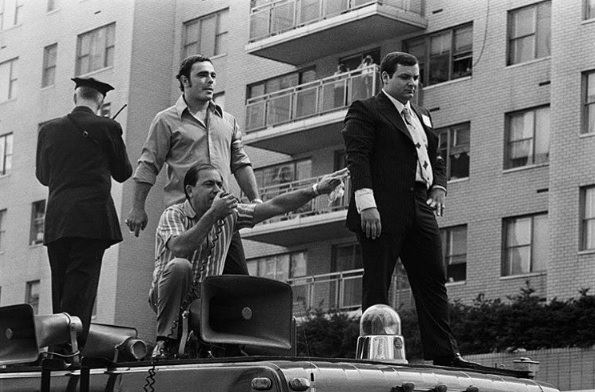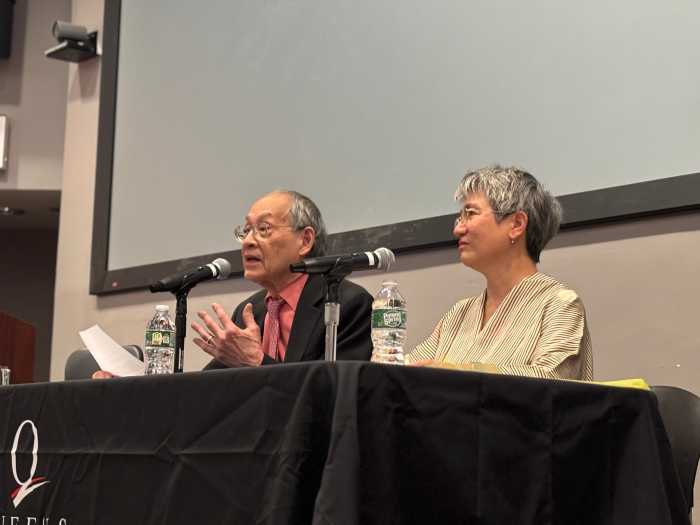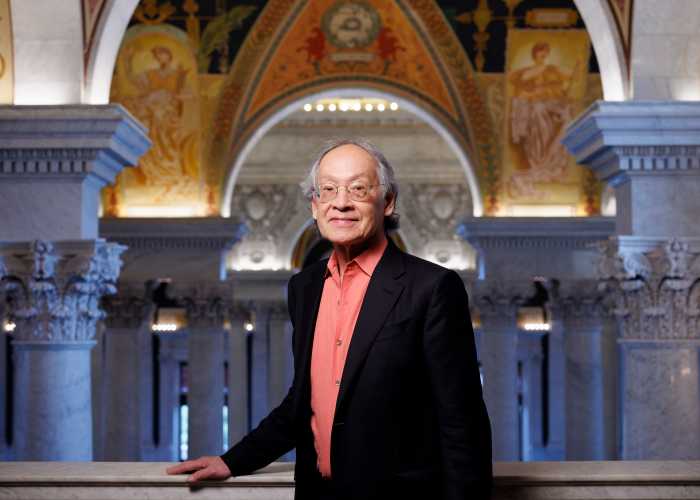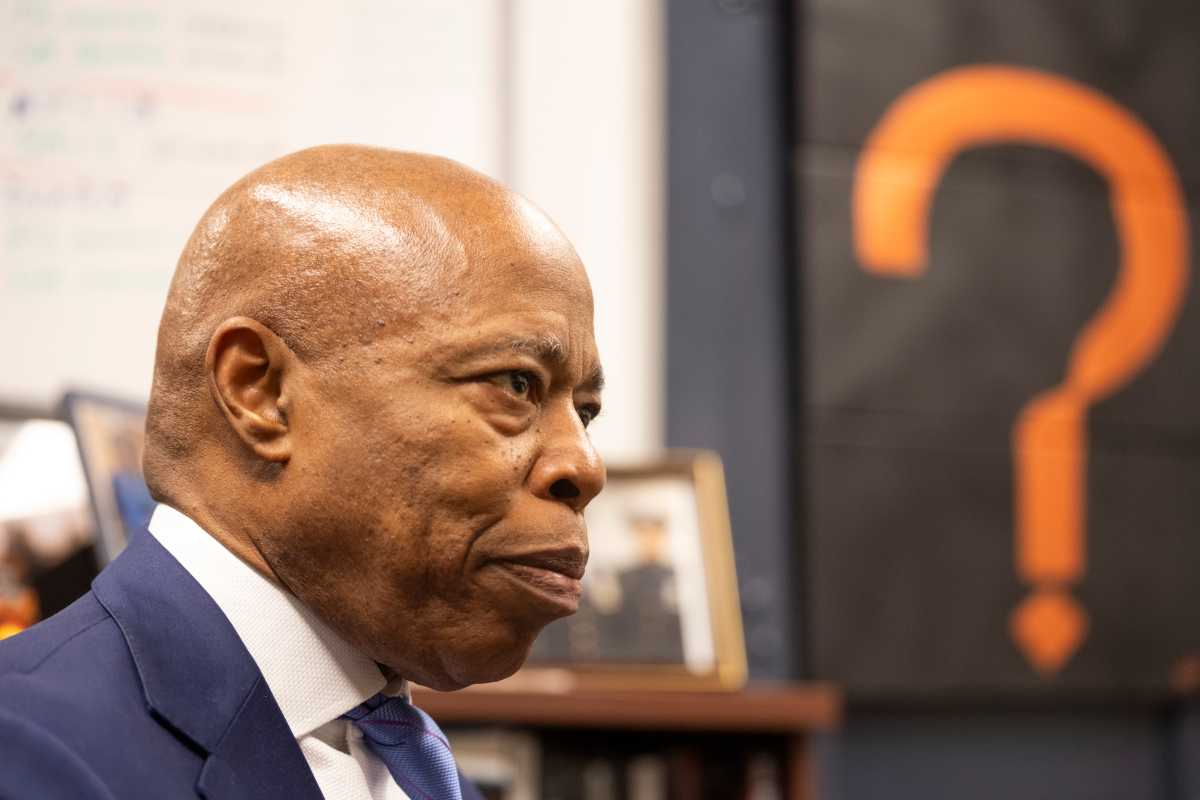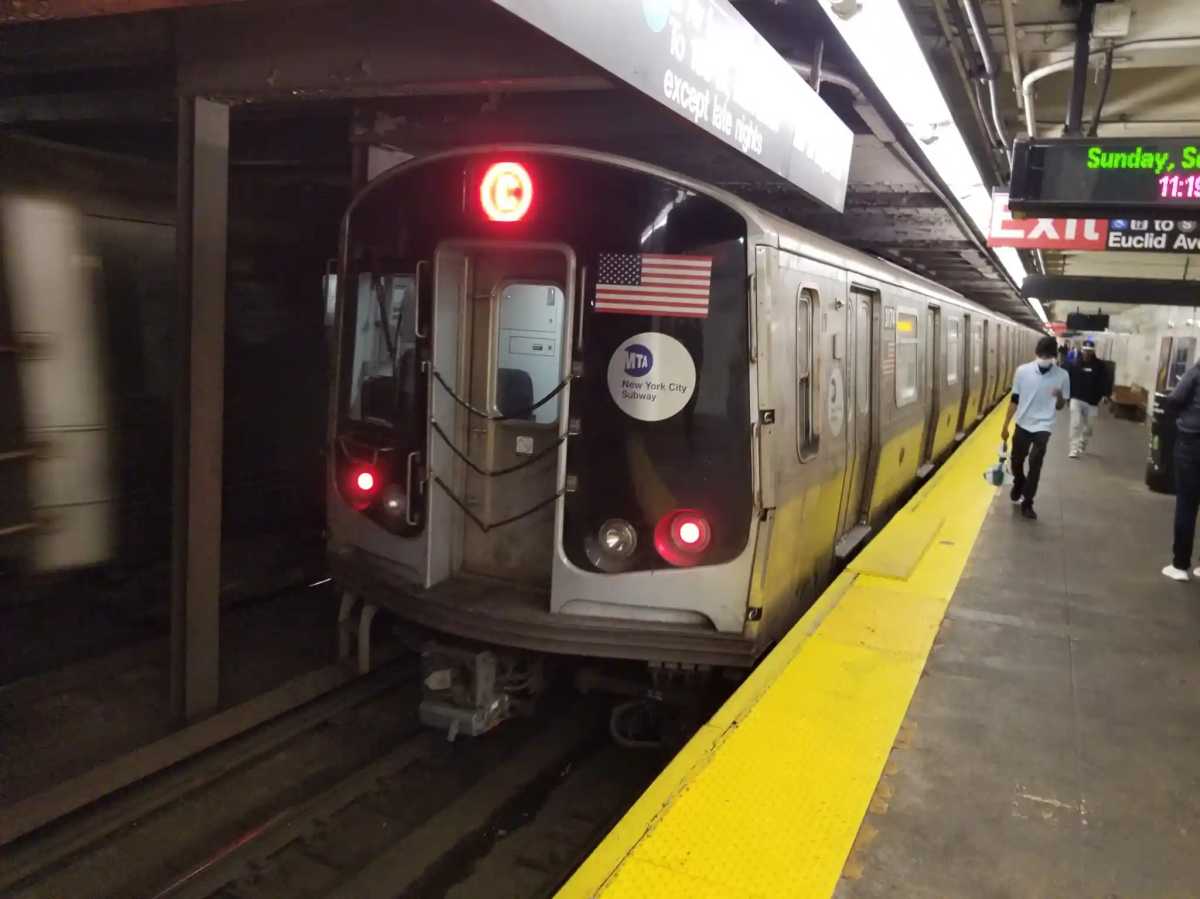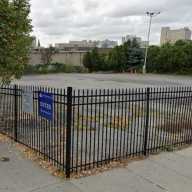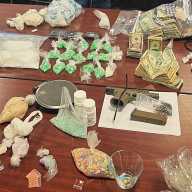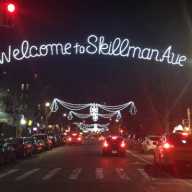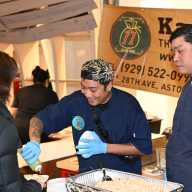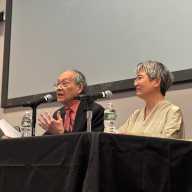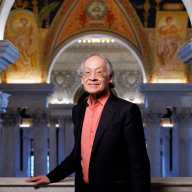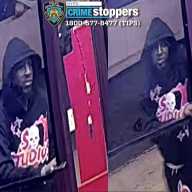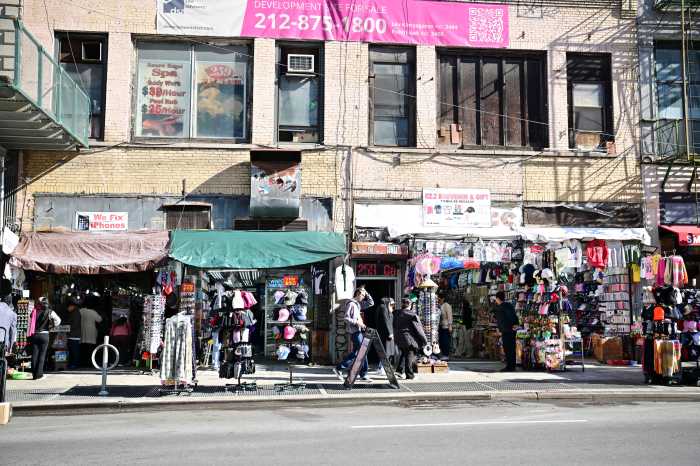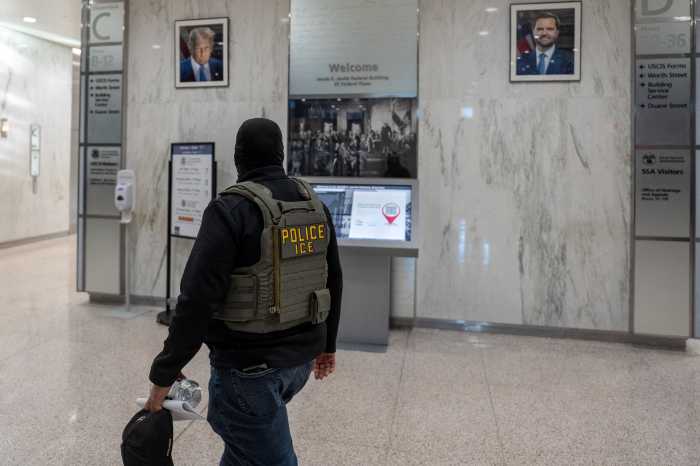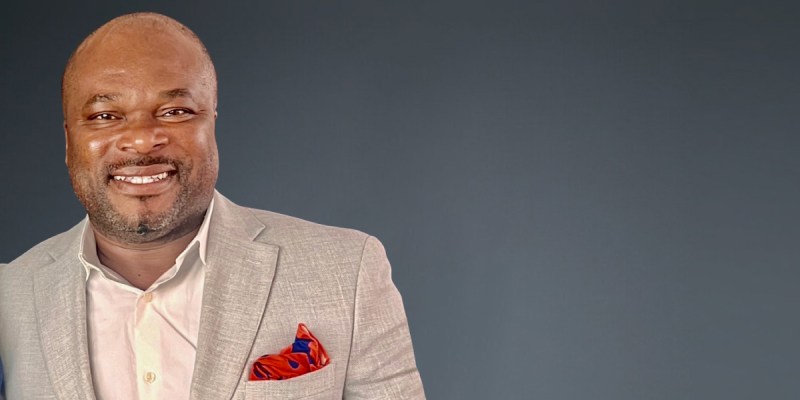Don Capria describes himself as a “true crime aficionado” who has, for a long time, poured through books about Lucky Luciano, Al Capone, Joe Gallo and other mob bosses.
But the Astoria resident was most fascinated by Joe Colombo, a Brooklyn native who headed the Colombo crime family. The Italian-American was different from other alleged mob bosses in that he was not afraid to speak to the media or confront law enforcement.
Capria met with Colombo’s oldest son Anthony at a diner upstate in 2009. He originally wanted to write a script portraying Colombo’s life and wanted to get input from his family.
“If anyone is going to tell a story about him it’s going to be his son,” Capria said.
The script turned into a book called “Colombo: The Unsolved Murder” that was self-published in December 2015. Anthony Colombo agreed to co-author the book on several conditions.
Anthony Colombo would share the story of his father as a civic leader and important figure in the Italian-American community. Capria, who wrote most of the 400 pages, could talk about his ties to crime if he had proof to back it up.
“I didn’t buy all the information that was out there [about Joe Colombo],” Capria said. “I was turned on that there was such little information out there they kept reprinting. He was also interesting to me because of how diabolical he was. He was the first alleged mob boss to speak to news media. At the time of the shooting he had made enemies from everyone to the NYPD, FDNY and Justice Department.”
Joe Columbo, who founded the Italian-American Civil Rights League after many Italian-Americans expressed unhappiness with the way the federal government and entertainment industry treated them, was shot three times at the second-annual Italian Unity Day rally on June 28, 1971.
Thousands of people attended the rally at Columbus Circle but the shooting was shrouded in mystery. According to news reports, a man named Jerome Johnson was hired by Joe Gallo from prison to kill Colombo. He was offered $40,000 to do the job and two suitcases with the money was recovered at the scene.
“What shooter is going to meet someone at the place they’re going to kill a man and exchange $40,000 in what was the most highly policed area at that time?” Capria said.
For the book, he watched and read television and print news reports, spoke to friends and acquaintances of Colombo, looked through federal documents and spoke to an officer who tackled Johnson after the shooting.
The officer said he saw the suitcases with cash but they were never put into NYPD evidence lockers.
Former NYPD Chief of Detectives Albert Seedman previously said that Johnson could not have acted alone but soon changed his story. The investigation was closed even though Seedman or the NYPD could not adequately explain the presence of the $40,000.
“In the decades since the shooting not one mob informant, and there have been quite a few, has corroborated Chief Seedman’s or the media’s assertion it was a mob hit,” Anthony Colombo wrote in the book. “An FBI plot to kill my father? Possibly. Law enforcement’s involvement? Most probably. Why the FBI? Why law enforcement?”
These are some of the questions the 400-page book tries to explore.
Capria argues that the case draws many parallels to current affairs today. In 1971, hackers broke into a Pennsylavnia FBI field office and leaked files about a program known as COINTELPRO. Agents in the program were supposed to “expose, disrupt, misdirect, discredit, neutralize, and otherwise eliminate” any citizen that was “subversive.”
“There is no question my father was viewed as subversive,” Anthony Colombo said. “I personally experienced how the FBI treated him, myself, our family, and anyone close to us. I have lived with the question for over forty-five years of how far would [President Herbert] Hoover and his agents go to “eliminate” a target such as my father?”
That same year, Colombo was named New York Magazine’s top ten most powerful men in New York and was also featured on the cover of Time. He convinced the U.S. Justice Department to stop using words such as “mafia” and “La Cosa Nostra” when referring to Italians and shut down production of “The Godfather” for a short time.
The film’s creators eventually collaborated with Colombo on the script to paint a more accurate picture of Italian-Americans. He also rallied more than 200,000 people to picket and protest the FBI’s treatment of Italians.
“The FBI committing illegal acts and spying, this is one of the major protests [that Colombo organized],” Capria said. “We are heading for a police state. Joe Colombo in the 1960s, he knew that all this stuff was going on. There’s all this stuff happening that was predicted 40 years prior.”
Capria said it’s been a long journey to get the book published. Though it was finished in 2012, the publishing company that originally purchased the book, Wiley, went public and sold Capria’s book to another company called WEMA. When he met with his new publishers, they were not as excited about the book and the author spent two years in arbitration before getting the rights to his book back.
“It was a pretty interesting few years of my life,” Capria said.
Capria, who started his career directing music videos and is also a script writer, is working on a script about Colombo’s life and is in talks with people in the film industry to make a movie in 2017.
Colombo: The Unsolved Murder is available at Barnes & Noble, for Kindle and on Amazon for $16.95.
